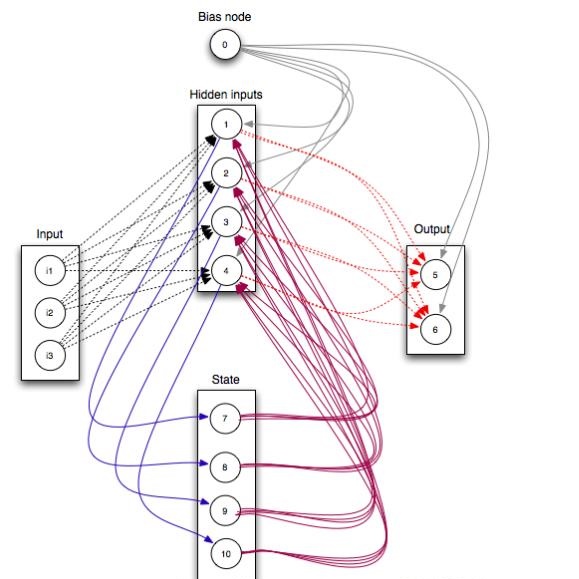In many real-world scenarios, the underlying random fluctuations are non-Gaussian, particularly in contexts where heavy-tailed data distributions arise. A typical example of such non-Gaussian phenomena calls for L\'evy noise, which accommodates jumps and extreme variations. We propose the Random Batch Method for interacting particle systems driven by L\'evy noises (RBM-L\'evy), which can be viewed as an extension of the original RBM algorithm in [Jin et al. J Compt Phys, 2020]. In our RBM-L\'evy algorithm, $N$ particles are randomly grouped into small batches of size $p$, and interactions occur only within each batch for a short time. Then one reshuffles the particles and continues to repeat this shuffle-and-interact process. In other words, by replacing the strong interacting force by the weak interacting force, RBM-L\'evy dramatically reduces the computational cost from $O(N^2)$ to $O(pN)$ per time step. Meanwhile, the resulting dynamics converges to the original interacting particle system, even at the appearance of the L\'evy jump. We rigorously prove this convergence in Wasserstein distance, assuming either a finite or infinite second moment of the L\'evy measure. Some numerical examples are given to verify our convergence rate.
翻译:暂无翻译





